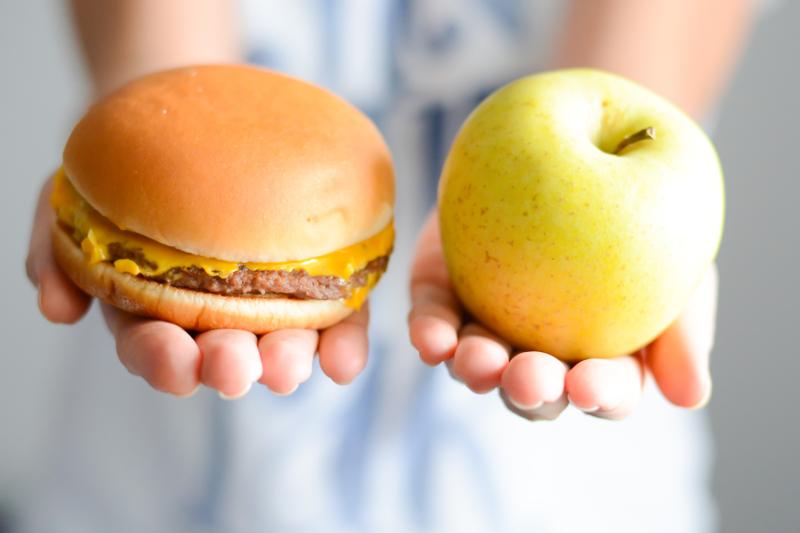 10 cancer avoidance tips for your patients
10 cancer avoidance tips for your patientsKeeping a more pro-inflammatory diet may increase the risk of developing oral cancer, a recent China study has shown.
Researchers conducted a case-control study on 295 oral cancer patients (mean age, 57.80±16.04 years; 62.71 percent male) in whom diet information was collected using a food frequency questionnaire (FFQ). Intake was evaluated through the Energy adjusted Dietary Inflammatory Index (E-DII). A parallel group of 425 controls (mean age, 59.22±12.62 years; 69.41 percent male) was also included.
Compared to controls, cancer cases had a higher level of tobacco and alcohol consumption, as well as an elevated median E-DII score (6.94 vs 5.37).
Unconditional logistic regression models found a significant link between E-DII and oral cancer. In the fully adjusted model, each unit increase in E-DII correlated with a 3-percent spike in the likelihood of developing oral cancer (odds ratio [OR], 1.03, 95 percent confidence interval [CI], 1.00–1.06).
When E-DII was taken as a discrete variable and participants were grouped into quartiles of scores, the fully adjusted model found that keeping the most pro-inflammatory diet more than doubled the risk of oral cancer (OR, 2.57, 95 percent CI, 1.54–2.42). Those in the third quartile of E-DII scores also had almost twice the risk of oral cancer than those in the first quartile (OR, 1.92, 95 percent CI, 1.12–3.31).
Stratified analysis showed that the interaction between E-DII and oral cancer was stronger among males, those >60 years of age, never-smokers, alcohol drinkers, tea drinkers, and those with poor oral hygiene.